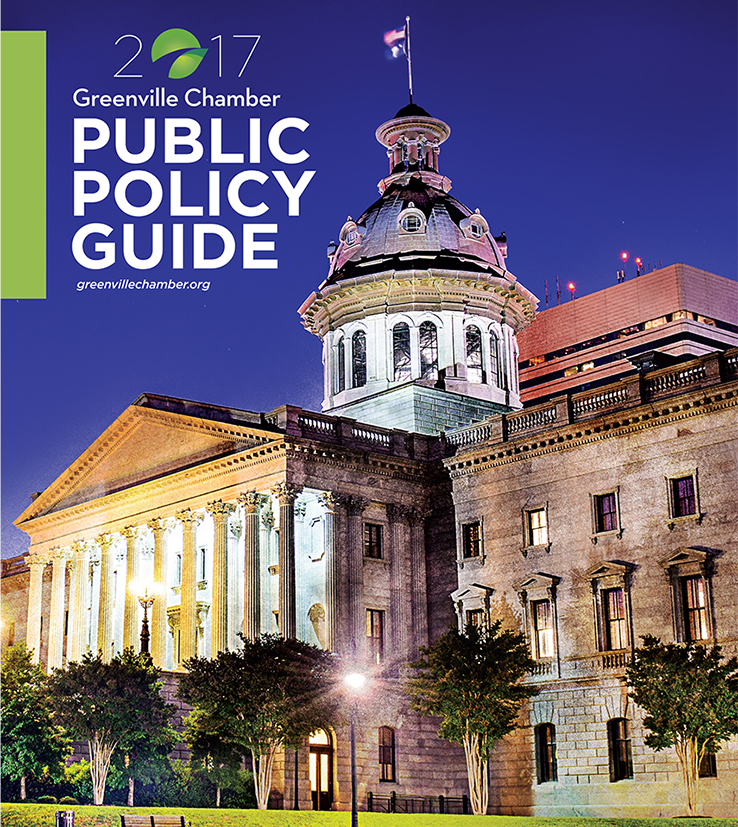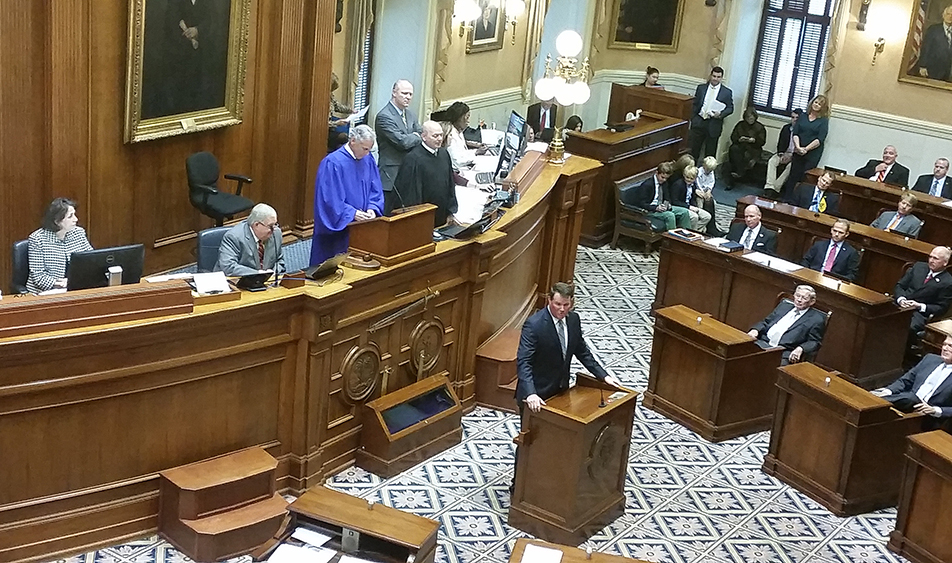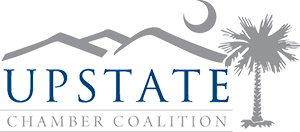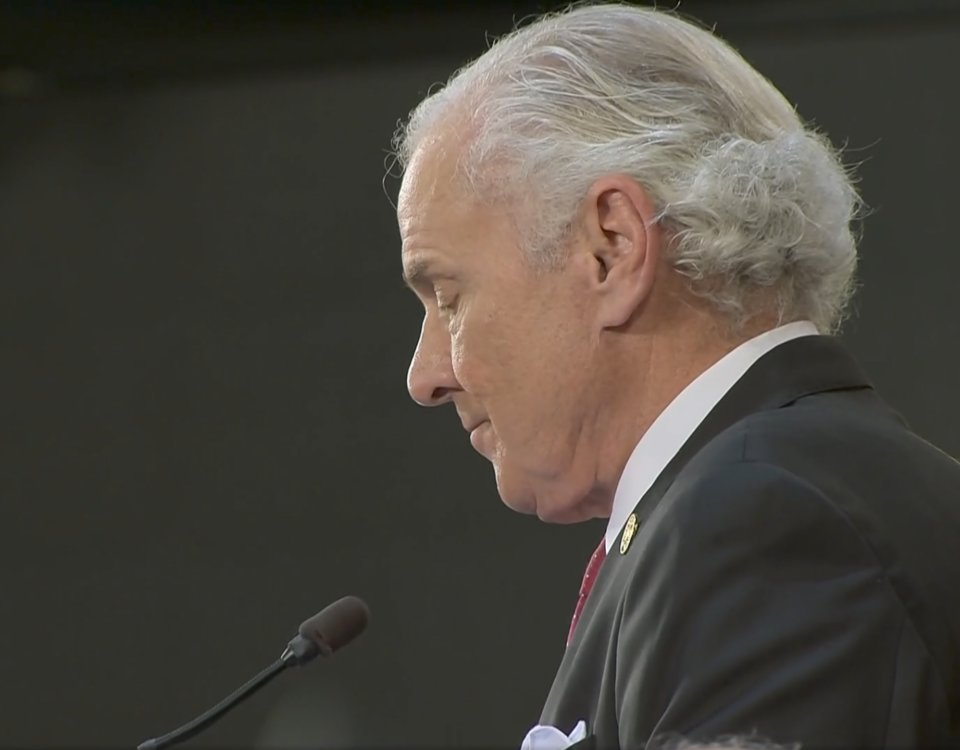
An Agenda to Move Business Forward
January 19, 2017
Senate Rules (*yawn*) – The Most Important Part of the Process
February 2, 2017Battle of the Bills: Solutions for SC’s Infrastructure

THE TAKEAWAY: Two new roads bills have been introduced that raise the gas tax, but each explores other alternative revenue sources.
Since the start of the 2017 legislative session, the South Carolina House and Senate have introduced their own legislation proposing solutions to the state’s seriously underfunded infrastructure problem in the forms of Senate bill 54 (S. 54) and House bill 3516 (H. 3516).
Which one will win out? Only time will tell with this one (and since we’re talking about the General Assembly here, probably a frustrating amount of time).
In the meantime, here is a breakdown of what each bill does (and does not) propose for solving South Carolina’s underfunded infrastructure problem.
First up is S. 54 with a proposed 12 cent gas tax increase over the next three years, indexed for inflation (although it sounds boring, this is important later). The bill also raises driver’s license fees, car registration fees, car sales tax, and imposes a road user fee on commercial vehicles in lieu of property taxes.
Enough with the increased taxes and fees and on to the tax credits and exemptions (Yay!). The bill also includes a small income tax reduction, expands tax credits for students paying tuition and for first responders, allows a small credit of any earned income tax credit allowed, and phases in an exemption for manufacturing property and business personal property.
Up next is H. 3516, which increases the gas tax by 10 cents over the next five years, not indexed for inflation (see, I told you this would come up again). This basically means that H. 3516’s gas tax increase will remain constant at 10 cents no matter what happens with inflation, while S. 54’s gas tax increase could fluctuate higher or lower depending on what happens with the inflation rate over the years.
- 3516 has the same road user fee on commercial vehicles as S. 54 and increased car registration fees, but imposes a five percent fee capped at $500 on newly purchased vehicles, and a five percent fee capped at $250 for vehicles purchased in other states but registered in S.C. It also levies a fee on hybrid and electric vehicles, whose road usage isn’t captured through the gas tax.
But do not fear! H. 3516 also has a tax break by getting rid of car and motorcycle sales tax. However, no income tax reductions are included.
While neither bill incorporates DOT reform, both claim to raise revenues between $600-$900 million to create a long-term solution for South Carolina’s notoriously underfunded infrastructure. We’re still studying the bills…
H.3516 has fourteen co-sponsors, including House leadership and a number of Upstate legislators: Reps. Gary Clary (R-Clemson), Derham Cole (R-Spartanburg), Tommy Stringer (R-Greer), Chairman Brian White (R-Anderson), and Chairman Bill Sandifer (R-Oconee). S. 54 has five co-sponsors, including Greenville Senator Ross Turner (R). Both chambers of the General Assembly have expressed their willingness to compromise on certain aspects of their respective bills.
There is no word yet on how Governor Henry McMaster plans to tackle the state’s infrastructure problems, leaving a large part of the infrastructure debate unknown. However, many lawmakers have cited McMaster as a dealmaker and are optimistic that he will be willing to work with the legislative body to come up with a sustainable revenue source for infrastructure. Other bills will certainly enter the mix also.
No matter which bill ends up prevailing, the Chamber supports the General Assembly’s efforts at raising the gas tax in order to fund South Carolina’s currently underfunded infrastructure system. Better roads make it easier to conduct business and encourage new business growth, which stimulates the economy.
And wouldn’t everyone be happier if they didn’t hit the same pothole on the way to work every morning?




